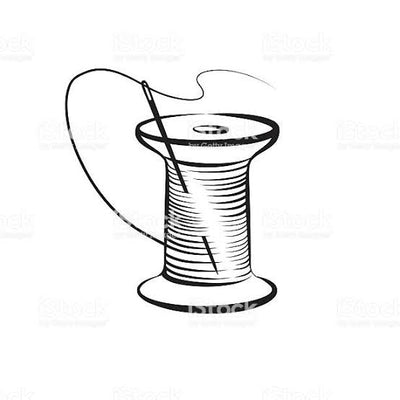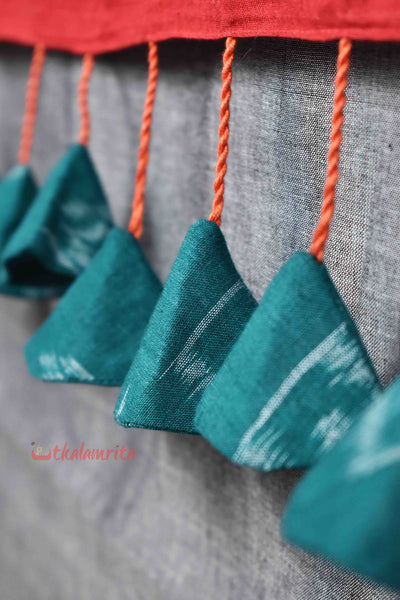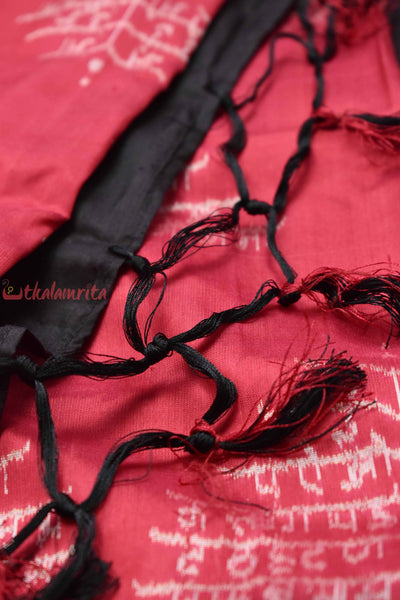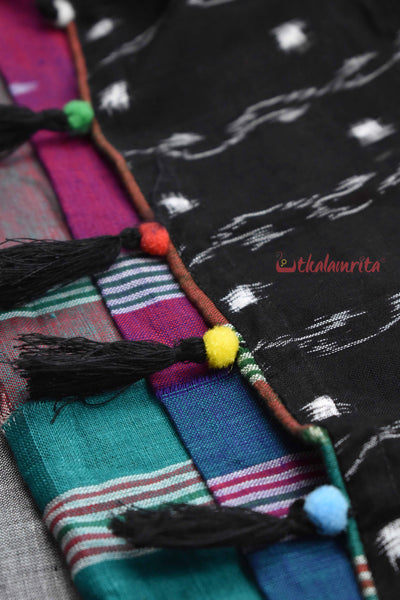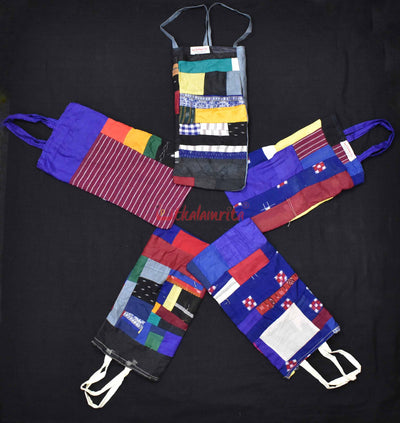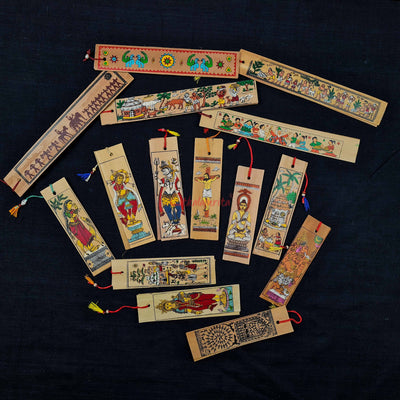



Kargil Stripes Grey
Quantity:
Khandua Facts from GI (Geographical Indications) Document: Origin of Khandua traces back to 12th Century AD and it is closely associated with Lord Jagannath Temple rituals at Puri, Odisha. Khandua is the Weave of the single largest cluster in Odisha at Nuapatna. Here, 10,000 weavers are present with approximately 6000 looms. The Weaves varieties are Nabarangi, Tarabali, Gitagobinda Bastra etc. Common Motifs are Star, temple, conch, rudrakshya, fish, chakra, lotus, swan, peacock, parrot, deer, elephant, horse, lion etc. Nature truly is the origin of all designs. Man is just an intelligent being, trying to decipher nature eternall y and depicting it through various art. Here, it is the best of single ikat! Single ikat means one out of warp and weft is tied and dyed prior to weaving, giving curvilinear ikat patterns par excellence in the finished weave! “Kargil Kumbha” sarees as locally called, have nothing to do with the freezing capes of Kargil! It is a name given for the earthy exhuberance of these simple yet most gorgeous handloom sarees. “Kumbha” means temples. Due to towering temples looking like peaks of Kargil mountains, their name has been put by weavers as “Kargil Kumbha”! This is a grey body saree with maroon and black stripes. The pallu undoubtedly has the Konark wheel motif- the signature Odisha architectural marvel, surrounded by peacocks, butterflies, flowers, birds or other such pretty woven motifs. So tower above all and flaunt it.
Length - 5.45 m, Breadth- 46 inches, Weight- 409 gm, Blouse piece- Not included in saree, Material- Pure Cotton (mercerised), Thread Count: 2/80 (warp), 2/80 (weft)
(1) The colors of the actual product may look slightly different due to different screens used for viewing the digital photography captured. Our endeavor has been to present the true shades of the products as far as possible. (2) There may be loose threads on the backside of pallu of saree, which is a mark of true handwoven and handloom saree. (3) The slight irregularities in the body/anchal/border of saree are to be celebrated as a mark of true handloom products. (4) Wash Care: We advise dry cleaning for the silk sarees and handwashing separately in cold water alongwith drying in shade for our cotton products. Iron Care: Light iron to be used. For pattachitra handpainted items, please iron only on backside. Otherwise use a cotton cloth on top of the painted parts while ironing.

